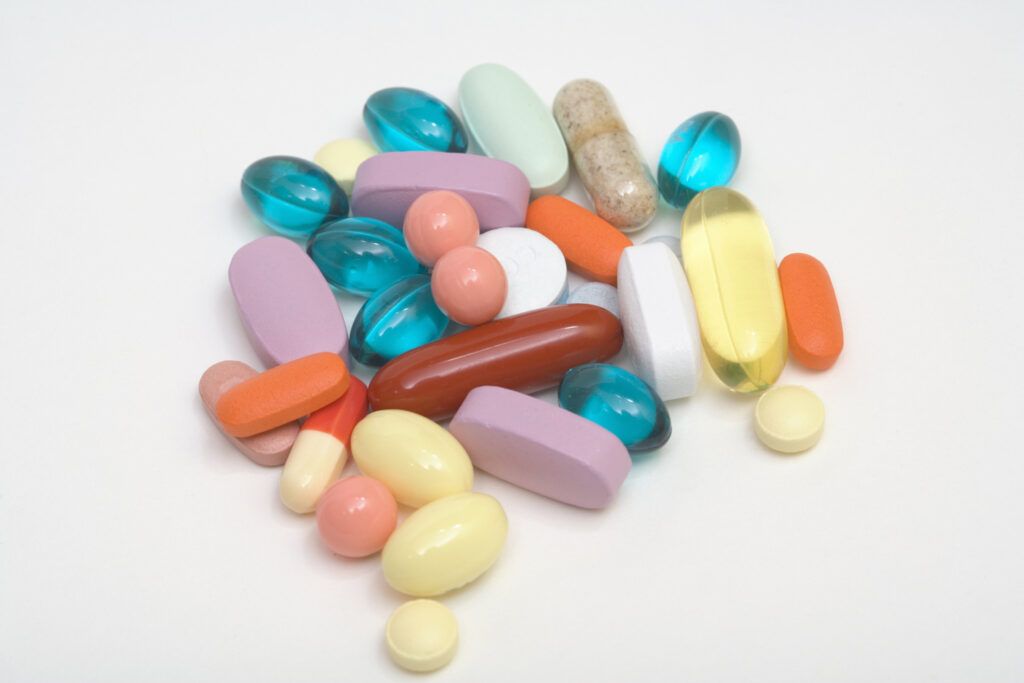Belgium's Public Health Service, SPF Santé publique, has launched a new food monitoring system called 'Nutrivigilance,' designed for better identification of the adverse effects of certain foodstuffs.
Its purview includes dietary supplements, “new” foods, foods for specific groups and those enriched with vitamins or minerals. The system is being implemented via an online form.
The “new” foods category refers to food ingredients that were not significantly consumed in the European Union before 1997, and includes items such as noni juice, chia seeds and insects. Foods for specific groups are those intended for infants or individuals suffering from illness.
The system does not replace the Federal Agency for the Safety of the Food Chain (Afsca) alert mechanism, as it focuses on products that are deemed satisfactory without faults or contamination. Any adverse effects, regardless of their nature or severity, can be reported, notes SPF Santé publique.
“We see more and more ingredients entering the market that have not been combined before, for instance, in dietary supplements,” explains Dominique de Clock, officer for Food and Cosmetics at SPF Santé publique. “Problems can also arise if products are misused.”
De Clock highlights the case of red yeast rice, used to lower cholesterol, which, consumed on a large scale, might cause skeletal and muscular issues. “It took time for doctors to identify red yeast rice as the root of the problem,” stresses de Clock, underlining the importance of a mechanism for structuring and centralising information.
While manufacturers, suppliers and retailers are legally required to report potential side effects, citizens and health professionals are also encouraged to use an online form on the SPF Santé publique website. Thoroughly documented reports are then examined by a specialist medical expert and by the Nutrivigilance Commission, comprising various experts, doctors and health professionals.
“If the reported case is severe, we won’t wait for multiple instances. We consider every report as an alert,” says the SPF Santé publique official.
Based on expert findings, the decision may be taken to recall a product, in coordination with the Afsca, or instruct the manufacturer to adjust its labelling or composition.

